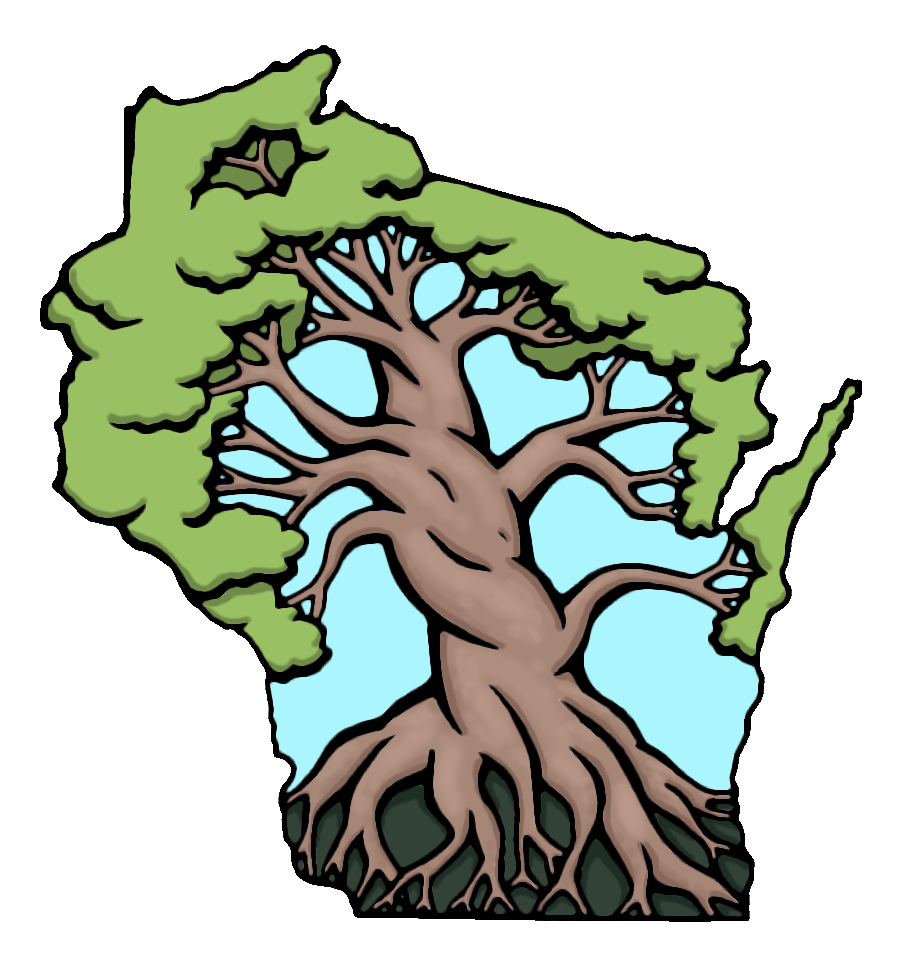A thoughtful and protracted relationship with a system inherently results in a heightened awareness, and even a spiritual connection with one’s place. It is a relationship that not only forms the foundation of good system design, but also enables an ongoing and deep understanding of the health and wellbeing of that system. One might even say that observing and interacting with systems is what causes one to fall in love with and then actively nurture love for a place.
With my academic background in environmental law and policy, I find myself thinking about and studying the subject through the conceptual lens of the principles of permaculture. Instead of looking at a law and/or policy on its face, I am far more interested by the trends of movement of the law and policy; I am interested in where the contemporary legal frameworks are situated in the historical context over time. By understanding where the law has been you can more accurately understand and anticipate where it may be going. This reveals, in a sense, a hierarchy of potential intervention. If, say, one legal doctrine is trending favorably towards environmental health, community sovereignty, and independence, while another is trending divergently towards subjugation, dependence and degradation then perhaps more resources ought to be directed towards intervening in the trend of the latter doctrine and fewer towards the earlier. It is true that similar to a protracted and thoughtful relationship with a visible landscape, an engaged kinship with our social, or invisible, structures yields analogous results.
So how does one observe and interact? Naturalist John Muir Laws articulates three prompts to facilitate deep observation and thoughtful interaction in a student new to the idea. He proposes one articulate their observation verbally to themselves as “I notice… I wonder… and it reminds me of…” Using these prompts, Laws suggests, “keeps observations in conscious working memory long enough for your own brain to convert them to long term memories.” It is those long term memories the serve as the basis for pattern recognition. So whether we are applying the skill of observation to our social systems, our physical systems or both, it is critical that we bring a curious, open mind willing to learn intellectually, emotionally and spiritually as we engage deeper with our context. It is curiosity after all, that brought formulaically minded third year law student to embrace a new and deeper relationship with not only the law, but also the entire natural world.




















